

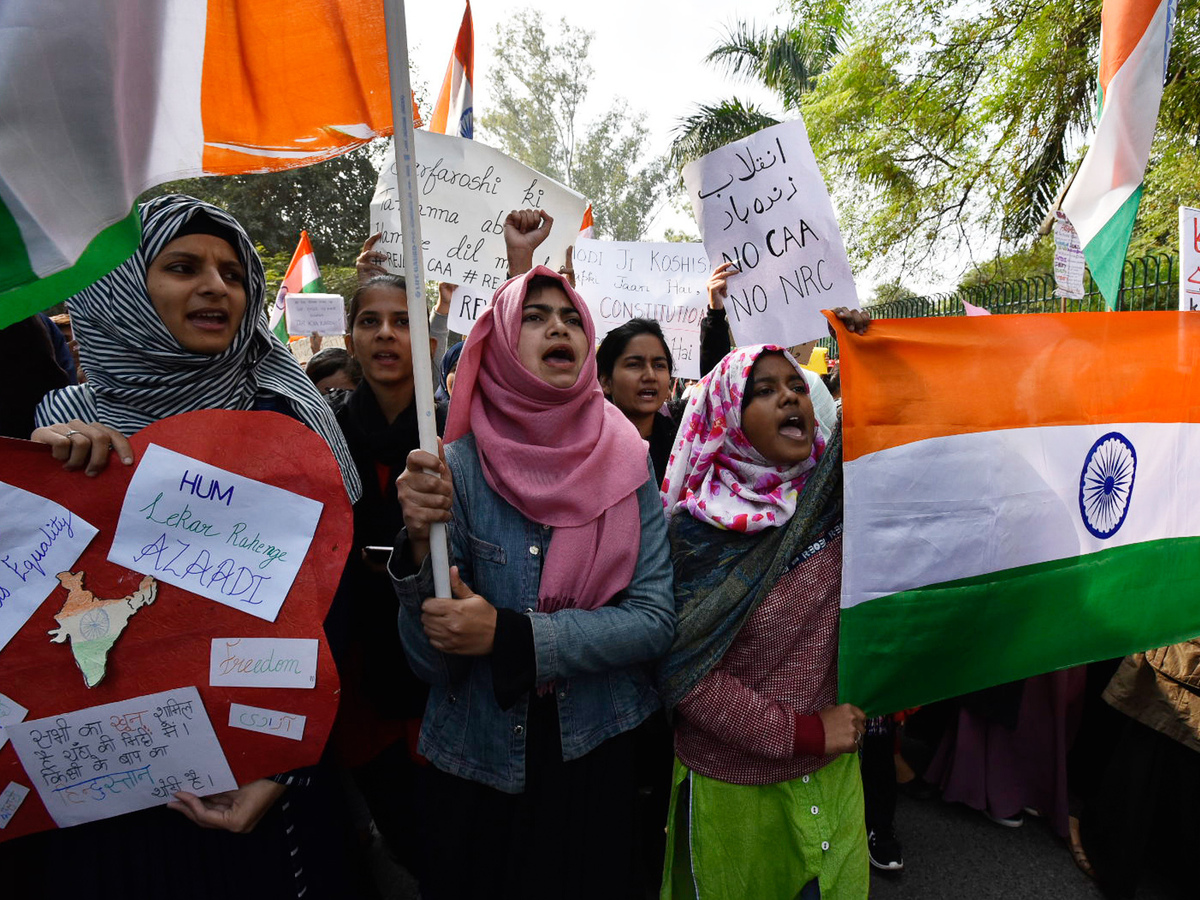
As Indian Prime Minister Narendra Modi takes oath for a third term, it has come to light that none of his 71 ministers are Muslim. This is the first time in history that the council of ministers sworn in after a general election does not include a single Muslim member. The absence of Muslim representation is reportedly due to the fact that no Muslim candidates from the leading BJP-led alliance were elected. This outcome has raised concerns about the inclusivity and diversity of India's new government.
The Absence of Muslim Ministers in Modi's Third-Term Cabinet: A Historical Perspective
The recent swearing-in of Prime Minister Narendra Modi's third-term government in India has been marked by a notable absence: no Muslim ministers are represented among the 71 ministers appointed. This development is the first of its kind in the country's post-independence history.
Historical Context
Muslim representation in the Indian government has been a subject of debate and contention for decades. Since independence in 1947, Muslim ministers have consistently been included in the council of ministers, with the exception of a brief period during the 1990s.
Current Situation
In the recently concluded 2019 general elections, no Muslim candidates from the ruling Bharatiya Janata Party (BJP)-led alliance were elected. This has been attributed to a combination of factors, including the consolidation of Hindu nationalist sentiments, the lack of strong Muslim candidates, and the BJP's dominance in many constituencies.
Concerns Raised
The absence of Muslim representation in the government has raised concerns about the inclusivity and diversity of Indian society. Critics argue that it sends a message that Muslims are not considered equal citizens and that their interests will not be adequately represented in the decision-making process.
Government Response
The government has dismissed these concerns, claiming that the absence of Muslim ministers is not a matter of deliberate exclusion but rather a reflection of the electoral results. They have also emphasized that all citizens, regardless of religion, will be treated fairly and equitably.
FAQs
Q: Why are there no Muslim ministers in the current government?
A: No Muslim candidates from the BJP-led alliance were elected in the 2019 general elections.
Q: Is this the first time that a government in India has not included Muslim ministers?
A: Yes, this is the first time since independence that a council of ministers sworn in after a general election has not included a single Muslim member.
Q: What does this mean for Muslim representation in the Indian government?
A: It remains to be seen how the absence of Muslim ministers will impact the government's policies and its ability to represent the interests of all citizens.
Q: What is the government's response to concerns about inclusivity?
A: The government has stated that all citizens will be treated fairly and equitably, regardless of religion.
Q: What are the potential implications of having no Muslim ministers in the government?
A: It is possible that the absence of Muslim representation could contribute to feelings of alienation and marginalization within the Muslim community. However, it is also possible that the government's policies will not be affected by this development.
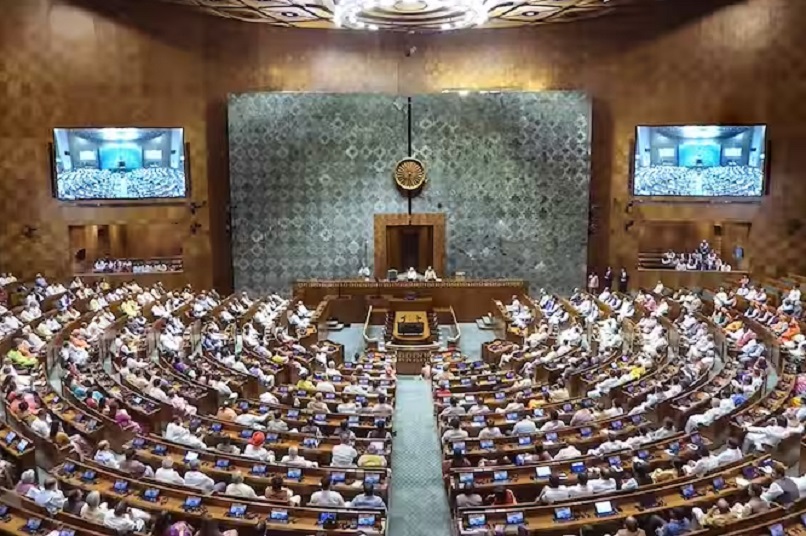
The Waqf Amendment Bill 2025 was passed by Parliament after a 13-hour long debate in the Rajya Sabha. The government hailed it as a "historic reform" for the benefit of the minority community, while the opposition criticized it as "anti-Muslim" and "unconstitutional". The revised bill, which aims to enhance the management and registration process of waqf properties, was approved by both Houses of Parliament and awaits presidential assent to become law. The Union Minority Affairs Minister noted that the Joint Parliamentary Committee's consultation process for this bill was the largest in India's democratic history, receiving over 97 lakh petitions and opinions from various stakeholders.
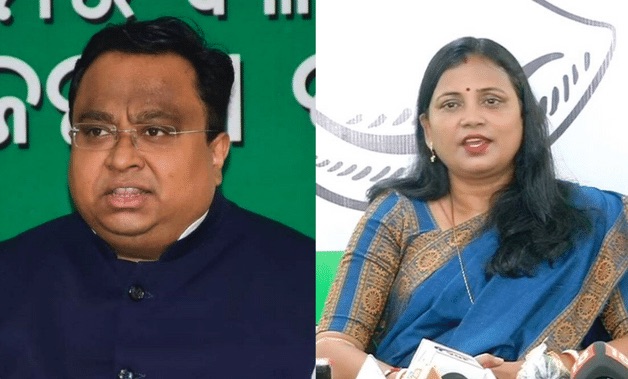
In a surprising turn of events, the ruling Biju Janata Dal (BJD) allowed its seven Rajya Sabha MPs to vote their conscience instead of following the party whip, resulting in the passage of the controversial Waqf (Amendment) Bill in the Upper House. The final tally of 128 in favour and 95 against exposes divisions within the Opposition, with some parties raising concerns about the bill's potential impact on minority communities. BJD's decision to allow a free vote was driven by the party's sensitivity towards various sections of the minority community.

After Rajya Sabha passed the Waqf Amendment Bill with 128 votes in favour and 95 opposing it, JDU Minority Secretary Shah Nawaz Malik resigned from the party and other posts in protest against the party's stand on the bill. He stated that the party's support for the bill was a betrayal of Indian Muslims and went against their belief in the party's secular ideology. The bill, which aims to enhance the administration and management of waqf properties, is facing widespread opposition from the minority community, with the Grand Mufti of Jammu and Kashmir, Mufti Nasir-ul-Islam, calling it anti-Muslim and stating that the community is planning to challenge it in the Supreme Court.

Tamil Nadu Chief Minister MK Stalin has declared that his political party, the DMK, will challenge the recently passed Waqf Bill in the Supreme Court. The CM condemned the passing of the amendment at 2 am, alleging pressure from a few allies, despite opposition from most parties in India. He also highlighted that the state Assembly has already passed a resolution opposing the amendment, and that a case will be filed in the Supreme Court on behalf of the DMK. The Waqf Bill seeks to improve the administration and management of waqf properties in India, but its passing has been met with criticism and opposition.
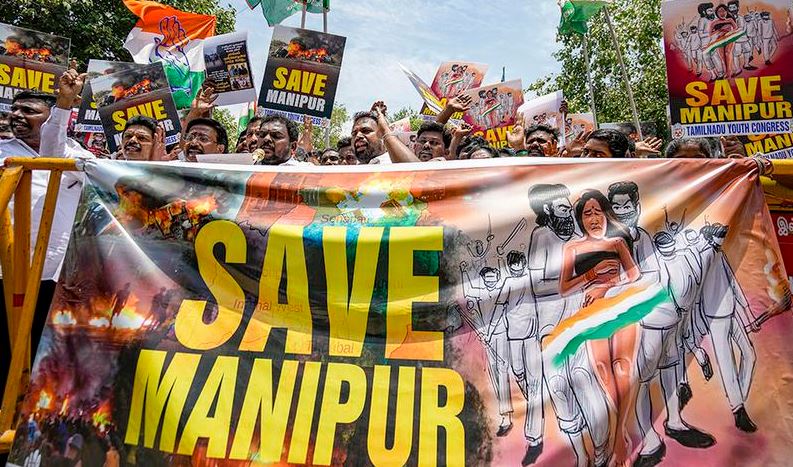
The Lok Sabha was in session until the early hours of the morning, debating and passing important bills. However, amidst the proceedings, the government initiated a short discussion on the proclamation of President's Rule in Manipur at 2 AM which lasted only 41 minutes. The Opposition was surprised and protested, but the Speaker allowed the discussion to continue. Congress MP Shashi Tharoor, in his speech, highlighted the failures of the government in maintaining law and order in Manipur and questioned the timing and necessity of the President's Rule.
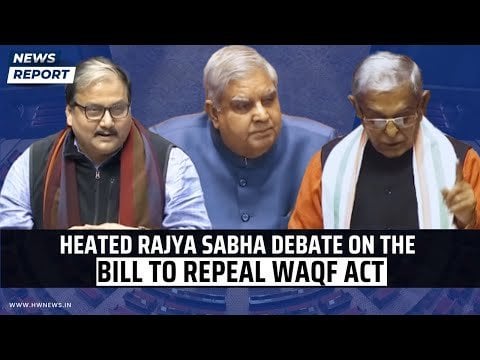
The Waqf Amendment Bill, which was earlier passed by the Lok Sabha, sparked a heated debate in the Rajya Sabha today. While BJP MP JP Nadda defended PM Modi's welfare for all principle, Shiv Sena MP Sanjay attacked the BJP for ignoring the interests of Muslims. Union Minister Giriraj Singh also joined in, accusing the Congress of crossing the limits of appeasement by giving away 123 properties to Waqf in Lutyens' Delhi overnight in 2013. The debate highlights the deep division and polarizing views over the proposed amendments to the Waqf Act in Uttar Pradesh, the state with the highest number of Waqf properties in the country.

In a digitized effort, Chief Minister Devendra Fadnavis transferred a grant of ₹25 crore to 560 gaushalas across the state under the Desi Cow Conservation Scheme. This first phase of the scheme will benefit over 56,000 indigenous cows for their upkeep. Fadnavis emphasized the importance of preserving indigenous cows for rural development and praised the initiative taken by the Maharashtra Goseva Commission. With lower milk productivity, these cow shelters play a vital role in providing necessary care for non-milking and unproductive cows, making the scheme a major relief for them.

Samajwadi Party chief Akhilesh Yadav criticized the BJP for taking 10 months to select a national president, while Amit Shah countered by pointing out dynastic practices among opposition parties. Reports suggest that the BJP will announce its new national president by the third week of April to replace JP Nadda. Nadda's tenure was extended until June 2024, but the new president will still be chosen after a process involving the party's 12-13 crore members.
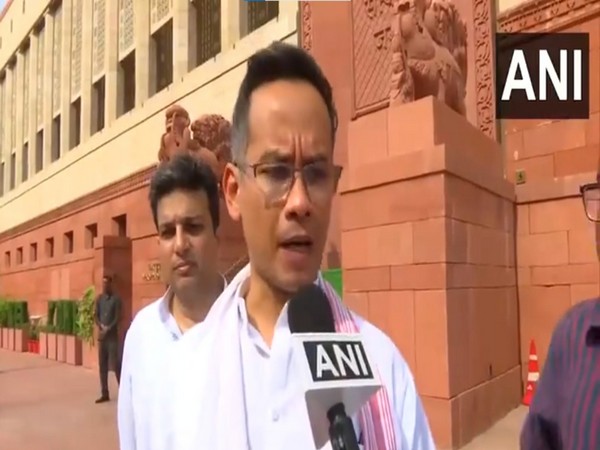
Congress MP Gaurav Gogoi vehemently opposes the Waqf amendment bill during a Lok Sabha discussion, stating that it is an attack on the foundation of Parliament and the Constitution. He also alleges that the government has ulterior motives for pushing the amendment, including diluting the Constitution, defaming minorities, dividing society, and disenfranchising the minority community. He questions the timing of the amendment and accuses the BJP-led government of restricting religious freedoms in India.
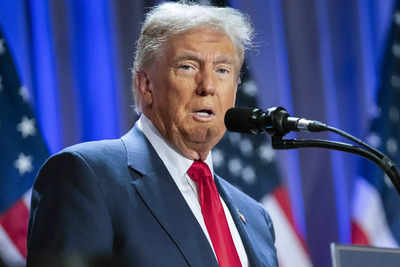
US President Donald Trump has sparked controversy by hinting at ways to stay in power beyond his second term. While the 22nd Amendment limits presidential terms to two, Trump believes there are "methods" to get around it. This raises concerns about the sanctity of democracy and the potential for abuse of power. The idea of a third term for any president has been largely rejected in American history, making this a crucial issue to watch.